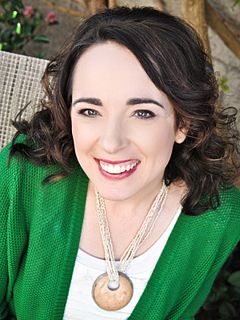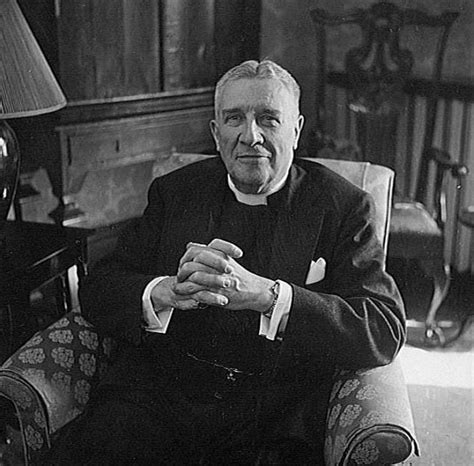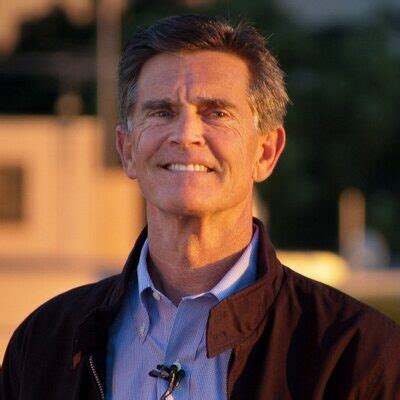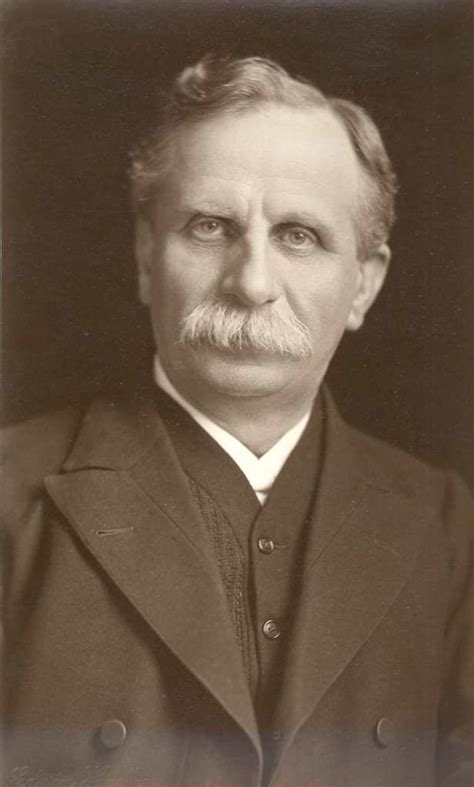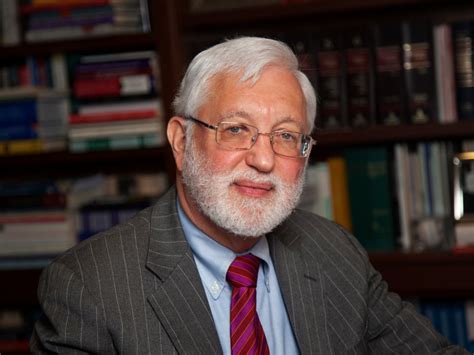A Quote by Ronald Reagan
The Constitution was never meant to prevent people from praying, it's declared purpose was to protect their freedom to pray
Related Quotes
Instead of waiting until crisis problems develop which result in panic praying for others, we need to trust God to protect them as we pray Spirit-led, thoughtful, caring prayers before the problems overwhelm them, and they are unable to cope. We need to engage in major battles, not just minor skirmishes, moving from surface praying to in-depth praying. We need to pray both defensively and offensively.
The First Amendment of the Constitution was not written to protect the people from religion; that amendment was written to protect religion from government tyranny. . . But now we're told our children have no right to pray in school. Nonsense. The pendulum has swung too far toward intolerance against genuine religious freedom. It is time to redress the balance.
If you don't pray often, you won't gain a love for praying. Prayer is work, and therefore it is not very appealing to our natural sensibilities. But the simple rule for prayer is this: Begin praying and your taste for prayer will increase. The more you pray, the more you will acquire the desire for prayer, the energy for prayer, and the sense of purpose in prayer.
I am the greatest advocate of the Constitution....The only fault I find with the Constitution is, it is not broad enough to cover the whole ground. Although it provides that all men shall enjoy religious freedom, yet it does not provide the manner by which that freedom can be preserved, nor for the punishment of Government officers who refuse to protect the people in their religious rights, punish those mobs, states, or communities who interfere with the rights of the people on account of their religion. Its sentiments are good, but it provides no means of enforcing them.
I don't like when people say, 'I'll pray for you. I'm going to pray for you. Praying for you.' You're going to pray for me? So you're going to sit at home and do nothing? 'Cause that's what your prayers are; you doing nothing while I struggle with a situation. Don't pray for me - make me a sandwich or something.
There is no way of learning to pray but by praying. No reasoned philosophy of prayer ever taught a soul to pray. We know not what we should pray for as we ought, and if prayer waits for understanding it will never begin. We discover by using. We learn by practice. Though a man should have all knowledge about prayer, and though he should understand all mysteries about prayer, unless he prays he will never learn to pray.
Judges are the people who have to protect the rights of individuals, have to protect the rights of minorities, have to protect the rights in the Constitution, have to protect the requirement that the executive and the legislature not simply exercise raw power but adhere to standards of reasonableness and constitutionality.
Two Soviets . . . were talking to each other. And one of them asked, "What's the difference between the Soviet Constitution and the United States Constitution?" And the other one said, "That's easy. The Soviet Constitution guarantees freedom of speech and freedom of gathering. The American Constitution guarantees freedom after speech and freedom after gathering."
Our inspired Constitution is wisely designed to protect from excesses of political power, but it can do little to protect us from the excesses of appetite or from individual indifference to great principles or institutions. Any significant unraveling of the moral fiber of the American people, therefore, finally imperils the Constitution.


